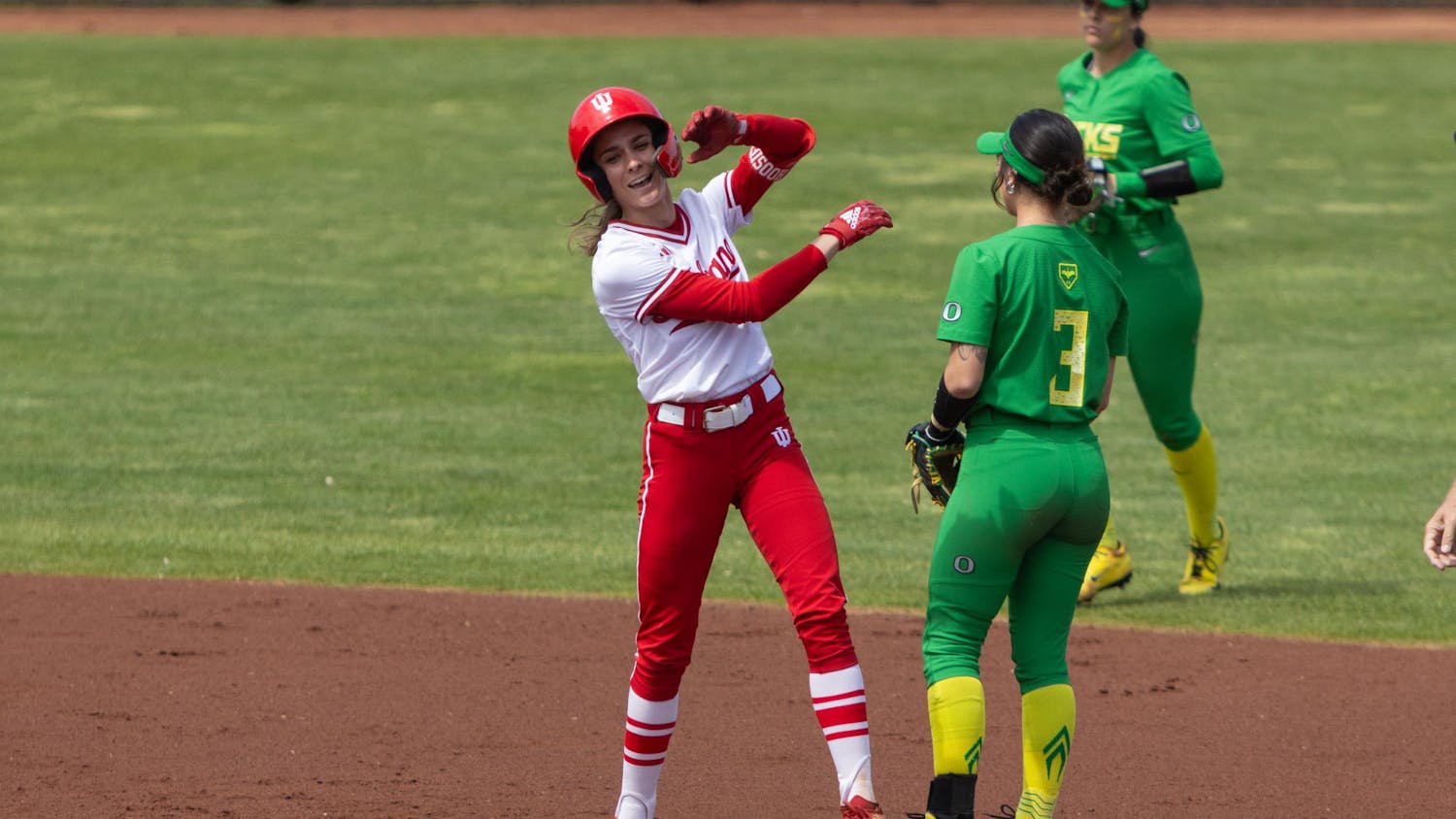As Vince Lombardi, the legendary former coach of the Green Bay Packers, once said, “A man can be as great as he wants to be. If you believe in yourself and have the courage, the determination, the dedication, the competitive drive, and if you are willing to sacrifice the little things in life and pay the price for the things that are worthwhile, it can be done.”
Few know more about “sacrifice” than the wrestler. He lives, breathes, eats — within reason of his weight, of course — and sleeps wrestling. For the wrestler, it is more than a sport. It is a way of life.
So when the news broke that the International Olympic Committee decided Feb. 12 to drop wrestling in the 2020 Olympics, the wrestling community was in an uproar.
One of the oldest sports known to man, wrestling has been a part of the Olympic Games since 708 B.C. It is the epitome of human strength: two men — and in modern times, women — matched up against each other in battle with nothing to aid them save their own brute force. Without complex rules or equipment, it is said that wrestling is one of the most basic sports, which makes it the most universal.
“Every country has their own style and even civilizations that know nothing about each other all have their own type of wrestling,” IU wrestling Coach Duane Goldman said. “It’s something that everybody can do. It doesn’t limit you by size, or weight or skill or anything, so it’s really the most diverse and offers the most participation of any sport there is.”
Though wrestling, both freestyle and the traditional Greco-Roman style, will have its last hurrah in the 2016 Olympics in Rio de Janeiro, it will fade from the Olympic Games by 2020. There is a small chance wrestling could be back on the lineup with a revised decision in May, when the IOC looks for a 26th sport for the 2020 Games.
The wrestling community, including the IU wrestling team, has questioned the judgment of the IOC. The elimination of wrestling eliminates the spirit of the Olympics in the opinion of some wrestlers.
“I think that the main reason it should stay is that it really epitomizes not only athletic competition, but what the Olympics embodies,” sophomore Luke Sheridan said. “The Olympics is about bringing countries together, and that’s what wrestling does.”
One of the concerns the IOC had about wrestling was the fact that wrestling does not produce strong revenues compared to other Olympic sports. However, to the wrestlers and wrestling fans of today, the sport is much more than superstars and commercial figures.
“Wrestling has taught me so much about myself,” Sheridan said. “It’s taught me how to handle so many situations. It’s taught me how to handle adversity, and I’ve been extremely thankful. Wrestling is my life. It really isn’t just a sport — it’s something that takes over your life. Everything you do is for wrestling.”
The elimination of Olympic wrestling means wrestlers will no longer be able to reach the pinnacle of the sport. While the IOC sees profitability in this move, IU wrestlers said it does not reflect the true nature of competition.
“This sport has taught me how to be a man,” junior T.J. Hohenadel said. “It’s meant a lot to me and my development as a person.
“It’ll be hard for kids wrestling today, because they won’t have those athletes to look up to.”
Team copes with decision to drop Olympic wrestling
Get stories like this in your inbox
Subscribe



